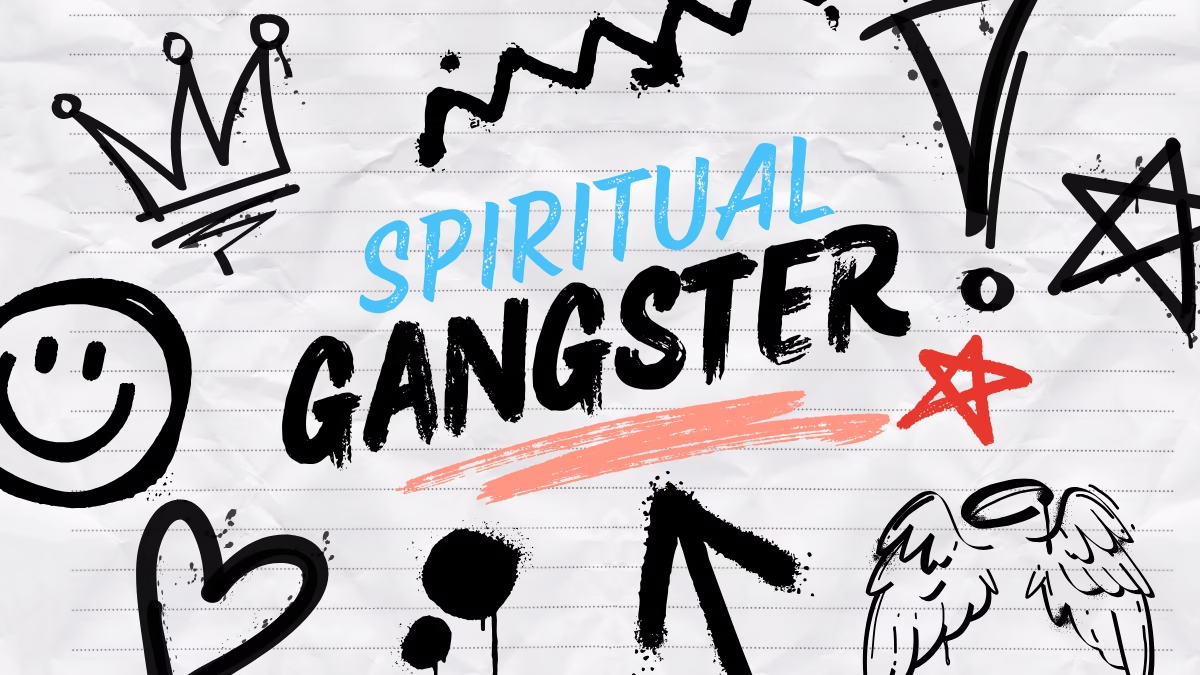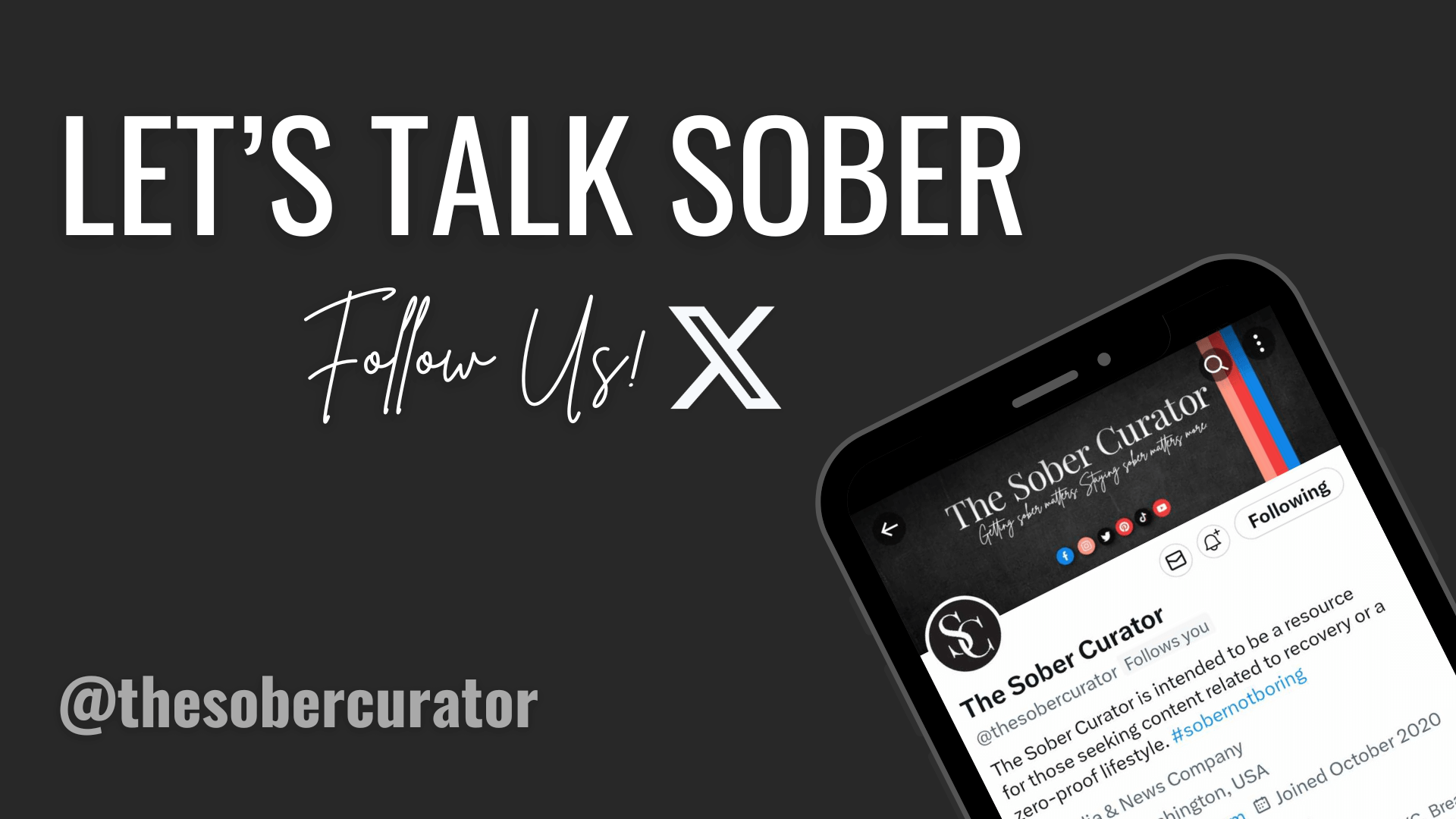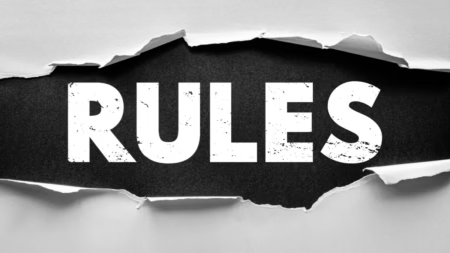
Classy Problems is a daily post of thinking in motion by Dan T. Rogers. Each post stands alone as a thought-provoking piece, yet together, they create a puzzle of ideas. They invite you to see things from a different angle, rethink what you thought you knew, and explore what’s beyond your current understanding.
Classy isn’t just a read: it’s a practice. Read, listen, and join us for Classy Problems Live, a 15-minute, live virtual conversation held Monday through Thursday at 12:15p PT, where we gather to reflect on the Classy Problems post of the day. No need to prep. Just connect, explore, and reflect.

Evidence vs Interpretation
Evidence lives outside of me.
It’s what happened.
What can be seen.
What can be measured.
Interpretation lives inside of me.
It’s what it means.
Why it matters.
How I make sense of it.
Evidence is external orientation.
It doesn’t bend to what I want.
It simply is.
Interpretation is internal orientation.
It bends to me.
To my history.
To my stories.
To my need to be right.
The trouble comes when I confuse the two.
When I mistake my interpretation for evidence.
Or
when I treat evidence like it should match my interpretation.
The paradox is this:
Evidence tells me what happened.
Interpretation tells me why it happened.
I require both.
It’s up to me to keep them in their place.

Against or Toward
An objection is resistance.
It stops me.
It argues with uncertainty.
It avoids answering why.
When I object,
I dress up my hesitation as logic.
I pretend it’s reason.
It’s really fear.
An objective is different.
An objective is purpose.
It pulls me forward.
It requires I answer why.
An objection pushes against.
An objective pulls toward.
The trouble comes when I confuse the two.
When I call my avoidance an objection.
When I mistake my resistance for clarity.
The paradox is this:
An objection avoids uncertainty.
An objective makes it useful.

The Proof of Progress
Happiness is the perception of progress.
When I think I’m moving forward,
happiness appears.
When I lose the thread of trajectory,
happiness scatters.
Even worse, when I have no trajectory,
happiness becomes a random act of kindness
imposed upon me by theboss.
Generous but unrepeatable.
When my survival thinking takes the wheel,
happiness collapses into chaos.
Survival keeps changing the components of progress.
Changing the rules.
Changing the score.
The paradox is this:
Happiness is not proof of progress.
It’s the proof I believe I am progressing.

My Name Is Dan, and I Am an Imposter
It keeps talking.
Keeps circling.
Keeps haunting.
I’m not in survival mode.
I’m in contribution.
When imposter mode shows up,
I can use it as a filter.
Is there something here to learn?
Or is this survival
trying to keep me safe?
The paradox is this:
Felling like an imposter is not proof I don’t belong.
It’s proof I’m developing.
It’s a mode in the process.
Every act of courage
is born from a voice that says I can’t.

Redeeming Work
We are on a mission to redeem work.
The word.
The place.
The way.
Getting paid to practice life
beats working to get paid.
Every job requires skills.
Every job has me practice those skills.
I practice them with other people.
In relationships.
When I connect those same skills
and apply them to the relationships I pay for,
I am no longer working to get paid.
I’m getting paid to practice life.
Paid to practice the parts I pay for.
Doesn’t suck.
It’s available to everyone.
Available in every position.
All that’s required is to know my trajectory.
I need a trajectory to align my efforts.
Then every action becomes practice
in the direction I want to go.
In the skills I want to develop.
Work isn’t something I have to do.
It’s something I choose to do.
The paradox is this:
Without alignment, work is a job.
With it, work is a practice.

Paid Practice
I told myself work was the paycheck.
Do the task.
Collect the check.
That was the point.
It wasn’t.
Every job requires skills.
Those skills don’t stay on the job.
They follow me home.
Into my relationships.
Into how I show up everywhere else.
When I treated work as a transaction,
I treated life that way too.
Measuring.
Keeping score.
Waiting for the return.
The loop of working to get paid
and living like I was owed.
But when I connect the skills,
practice them everywhere,
work pays me twice.
Once in money.
Once in life.
Trajectory makes the difference.
Without it, I practice in loops .
With it, I practice in direction.
The paradox is this:
Work isn’t the price of life.
It’s the practice of it.

Success Is Harder Than Failure
I’ve been saying ‘classy problems’
for over thirty years.
The problems don’t go away.
They get classier.
Failure is brutal.
Brutal is simple.
Do I quit?
Or go again?
Two choices.
The upside is that most people root for you.
They’ll pat you on the back.
Pick you up.
Say, “you’ll get ‘em next time.”
Success is harder.
It doesn’t eliminate problems.
It replaces them. It multiplies them.
Options stacked on options.
Too many choices.
Too little clarity.
Success creates complexity.
Classy problems.
Not everyone claps when you rise.
Some liked the older version of me better.
The predictable one.
The one they could place.
The one that kept the balance intact.
That’s the hidden cost of success.
Not just pressure.
Betrayal.
When the people I thought would clap
don’t.
When I outgrow what used to fit.
The price of growth
is letting go of the old.
The loop of thinking success will only change
the parts I want to change.
Everything else will stay the same.
The paradox is this:
Success changes everything.
Want more from us? OPT IN to our daily email and join our Classy Problems community. It’s where we abandon certainty in the pursuit of clarity, one interaction at a time.

Classy Problems is a daily post of thinking in motion by Dan T. Rogers. Each post stands alone as a thought-provoking piece, yet together, they create a puzzle of ideas. They invite you to see things from a different angle, rethink what you thought you knew, and explore what’s beyond your current understanding.
What is a classy problem? A classy problem is when we’ve been afforded the opportunity to figure out what to do. Time to figure it out. Time to practice. Time to discern. When faced with the time to figure out a classy problem, it is more effective to focus on what NOT to do than trying to figure out what to do. In a word: restraint. JOIN US in exploring the distinction between what to do and what not to do in the pursuit of clarity.


SPIRITUAL GANGSTER: at The Sober Curator is a haven for those embracing sobriety with a healthy dose of spiritual sass. This space invites you to dive into meditation, astrology, intentional living, philosophy, and personal reflection—all while keeping your feet (and your sobriety) firmly on the ground. Whether you’re exploring new spiritual practices or deepening an existing one, Spiritual Gangster offers inspiration, insight, and a community that blends mindful living with alcohol-free fun.
Your Go-To Guide for All Things Recovery & Sober Living

The Sober Curator’s PILLAR Content Hub is your one-stop guide for sobriety resources, addiction recovery resources, and sober living tips. From non-alcoholic drink guides to sober travel, entertainment, and lifestyle inspiration, our curated cornerstone articles are regularly updated to keep you informed, inspired, and connected. Whether you’re in recovery, sober curious, or supporting someone you love, this hub offers the sober lifestyle guide you’ve been looking for.

SOBERSCRIBE NOW!
Resources Are Available
If you or someone you know is experiencing difficulties surrounding alcoholism, addiction, or mental illness, please reach out and ask for help. People everywhere can and want to help; you just have to know where to look. And continue to look until you find what works for you. Click here for a list of regional and national resources.

Follow The Sober Curator on X, the artist formerly known as Twitter





